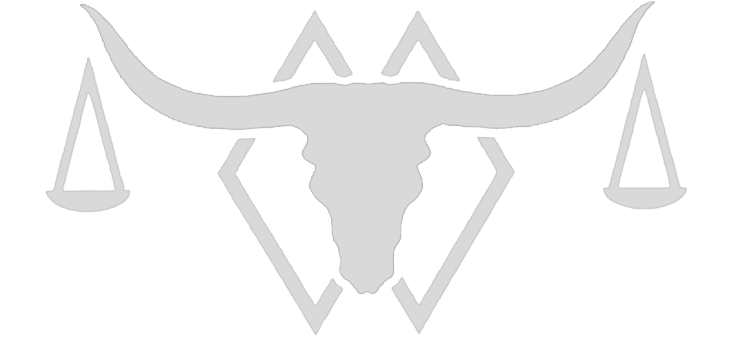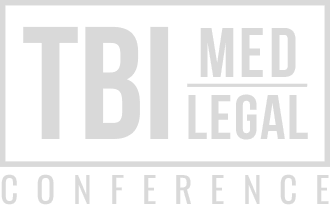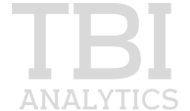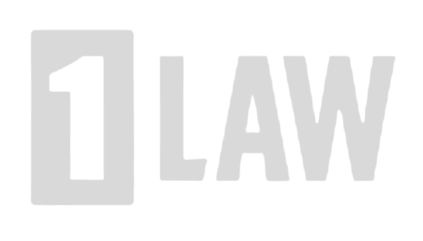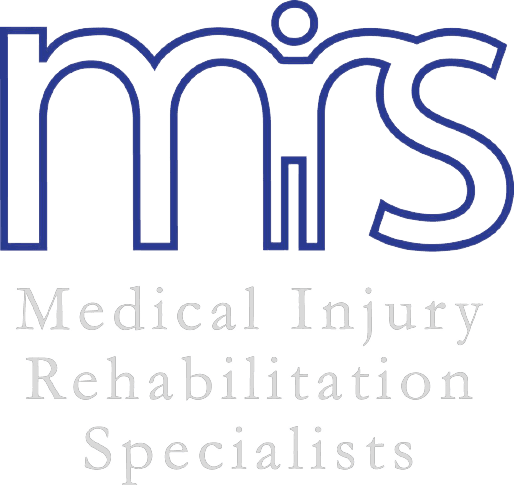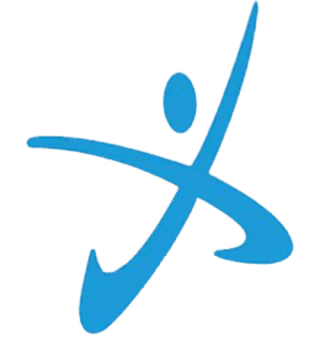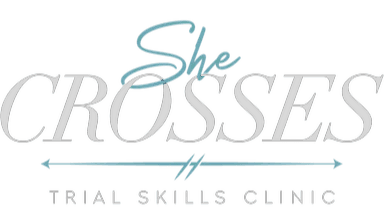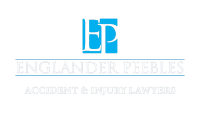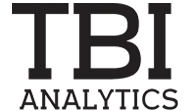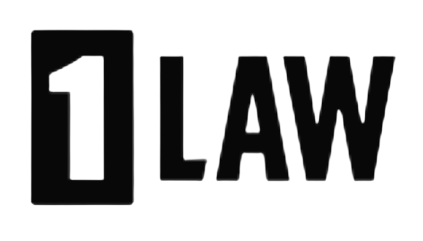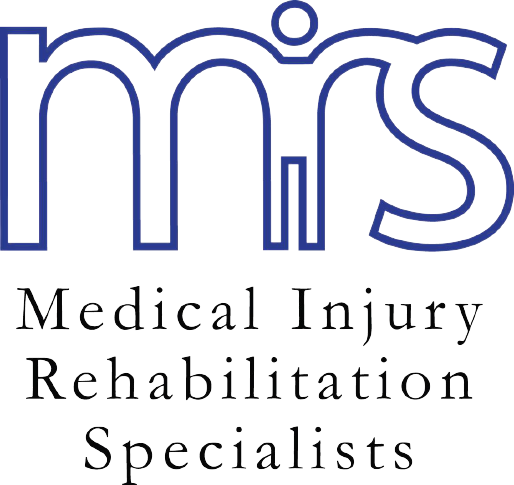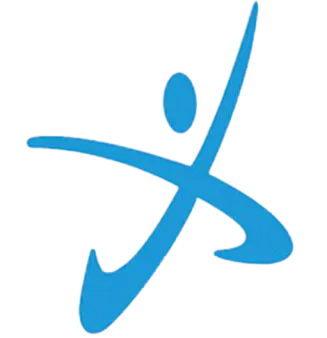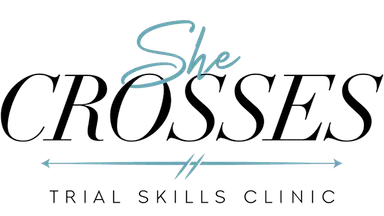Average Cost Per Click on Google Ads: An Overview
Trusted by The Top Medical Legal Organizations in the Nation
The world of digital advertising is vast, but one of its central pillars is Google Ads. For many businesses, it's the primary channel through which they drive web traffic and achieve online conversions. One critical metric that advertisers need to understand is the Average Cost Per Click (CPC). This article delves deep into the concept of Average CPC, its determinants, and ways to optimize it.
1. What is Average Cost Per Click (CPC)?
Average CPC is the average amount an advertiser pays each time a user clicks on their ad. It's a vital metric because it directly correlates with an advertiser's cost. The formula for calculating Average CPC is:
Average CPC = Total Cost Per Click / Total # of Clicks
2. Factors Affecting Average CPC
a. Industry and Business Niche: Different industries have different competition levels. Highly competitive industries, like insurance or legal services, tend to have higher CPCs compared to others.
b. Quality Score: Google assigns a Quality Score based on the relevance and quality of your ad and landing page. A higher Quality Score can lead to lower CPCs.
c. Ad Rank and Bid: Your bid amount and Ad Rank, which is based on your bid multiplied by your Quality Score, play a pivotal role in determining your CPC.
d. Geographical Location: Ads targeting high-value areas or urban locales might have a higher CPC compared to rural areas.
e. Time of Day and Day of Week: Depending on the target audience's behavior, CPC can vary across different times and days.
f. Device Type: Mobile searches might have different CPCs compared to desktop searches, depending on the industry.
3. How to Optimize Average CPC
a. Improve Your Quality Score: Focusing on writing relevant ad copy, optimizing landing pages, and using pertinent keywords can enhance your Quality Score, leading to reduced CPC.
b. Use Long-Tail Keywords: These are longer and more specific keyword phrases that visitors are more likely to use when they're closer to making a purchase or when they're using voice search.
c. Adjust Bids for Geographical Areas: If certain areas are proving to be more expensive but are not delivering the expected ROI, consider decreasing your bid for that location.
d. Schedule Ads: If certain times of day or days of the week are more cost-effective, adjust your ad schedule accordingly.
e. Use Negative Keywords: This ensures your ads don't appear for irrelevant searches, reducing unwanted clicks and costs.
4. Global Trends in Average CPC
While specific numbers vary from year to year, there have been consistent patterns in Average CPC globally:
- Mobile vs. Desktop: Often, mobile clicks are cheaper than desktop clicks, but this can vary depending on the industry and the country.
- Developed vs. Developing Markets: Developed markets, with a mature digital advertising landscape, generally see higher CPCs compared to developing markets.
- Industry Variation: As of the last update in 2021, industries like "Legal", "Insurance", and "Finance" often have higher average CPCs, while sectors like "Arts and Entertainment" might see lower CPCs.
Conclusion
Average CPC is a dynamic metric influenced by numerous factors. While it provides a snapshot of what you're currently paying for clicks, it's essential to delve deeper and understand the underlying causes. Optimizing your campaigns considering the above factors can help you derive better value from your Google Ads investment. As always, continually monitoring and adjusting is the key to success in the ever-changing world of digital advertising.
Connect With Our Sales Team & Learn How to Augment Your Marketing Performance
By submitting this form, I confirm that I have read and understood the The Casely Group's Privacy Statement. This site is protected by reCAPTCHA and the Google Privacy Policy and Terms of Service apply.
Turning Marketing Into a Competitive Advantage for Law Firms
Learn how structured, strategic marketing helps law firms move from reactive tactics to predictable ...
Resilient Web Development: Creating Law Firm Infrastructure That Withstands Digital Change
Learn how resilient, high-performance web development helps law firms scale ethically, build trust, ...
Reducing Perceived Risk: How Video Ads Make Choosing a Law Firm Feel Safer
Discover how strategic video ads reduce perceived risk, build confidence, and support legal decision...
From Reactive to Predictable: Building a Structured Marketing Engine for Law Firms
Discover how structured marketing systems help law firms move from reactive campaigns to sustainable...
Future-Ready Web Development: Building Law Firm Infrastructure for Trust, Scale, and Change
Explore how strategic, ethical, and flexible web development helps law firms build trust, scale sust...
Video Ads as Pre-Decision Tools: Preparing Law Firm Prospects Before They Choose
Discover how video ads prepare law firm prospects emotionally and cognitively, building confidence b...
Strategic Law Firm Marketing: Turning Visibility Into Sustainable, Predictable Growth
Learn how strategic marketing systems help law firms move beyond visibility and build predictable, l...
"Davin Casely is the most relentless marketing professional that I have ever met... He is a Marketing Genius... If you don't hire him, then you don't want to make money..."

Dan Ambrose, CEO of Trial Lawyers University
"If you haven't reached out to The Casely Group to Increase Business, Revenue and Footprint across the country, then you're making a big mistake. The Casely Group, Best In The Business!"

Brett K. Findler
"If You're Going to Bet On Someone, Bet on Davin Casely…"

Ricky Velasquez







